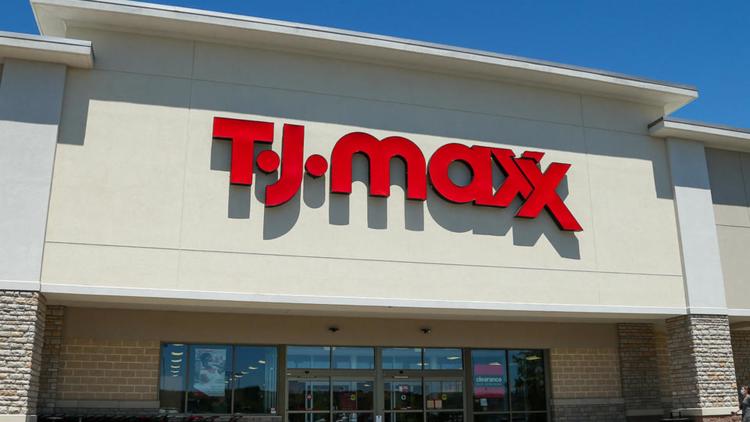NEW YORK — TJ Maxx shoppers may now encounter security workers outfitted with police-type body cameras at some of the retailer's stores.
TJX, which operates TJ Maxx, Marshalls and HomeGoods, said it made the move late last year as part of an effort to curb shoplifting, with executives disclosing the initiative during an earnings call late last month.
When somebody walks in, "It's almost like a de-escalation where people are less likely to do something when they're being videotaped," Chief Financial Officer John Klinger told Wall Street analysts.
TJX, which operates more than 4,900 stores across nine countries, isn't the only retailer turning to cameras to deter theft. More than a third of retailers said they were researching body-worn cameras for workers, according to a 2023 survey by the National Retail Federation survey, with 11% saying they were piloting or testing the technology.
A TJX spokesperson said the retail chain began using body cameras in some stores across its brands over the past year, noting that the company also implements policies and training to safeguard stores.
"Body cameras are currently used by certain loss prevention associates, who have gone through thorough training on how to use the cameras effectively in their roles," the spokesperson said. "Video footage is only shared upon request by law enforcement or in response to a subpoena. We hope that these body cameras will help us de-escalate incidents, deter crime and demonstrate to our associates and customers that we take safety in our stores seriously."
What retailers call "shrink" or shrinkage, including theft, amounted to more than $112 billion in industry losses in 2022, representing 1.6% of total retail sales and up from 1.4%, or roughly $94 billion in losses the previous year, according to the NRF. Shrinkage also encompasses losses related to merchandise that isn't scanned properly, vendor fraud and fraudulent product returns.
Giant Food supermarkets recently banned large bags in some of its stores experiencing high shrink, while others are investing in AI-driven surveillance and like technologies.
The NRF also points to the problem of what it calls "organized retail crime," or large-scale, coordinated thefts at stores involving multiple people. In the aftermath of the pandemic, a number of retailers reported a surge in retail crime. Target last year said it was closing nine stores in four states because mounting thefts and organized retail crime threatened the safety of workers and customers.
Yet measuring the scale of the problem is difficult, with legal advocates noting that even more reliable crime data is inadequate. And while some cities did, in fact, see a jump in shoplifting following the pandemic, other metros saw a decline, according to the Council on Criminal Justice.
A November study by the non-partisan think tank found that, excluding New York City, the number of shoplifting incidents in 24 U.S. metros fell roughly 7% in the first six months of 2023 compared with the first half of 2019.
Over that four-year period, New York saw the largest spike in reported shoplifting, with a 64% increase, followed by Los Angeles (61%). By contrast, some cities saw a steep decline, with such incidents falling 78% and 65% in St. Petersburg, Fla., and St. Paul, Minn., respectively, the group found.
—CBS News Senior Coordinating Producer Jamie Nguyen contributed to this report.



